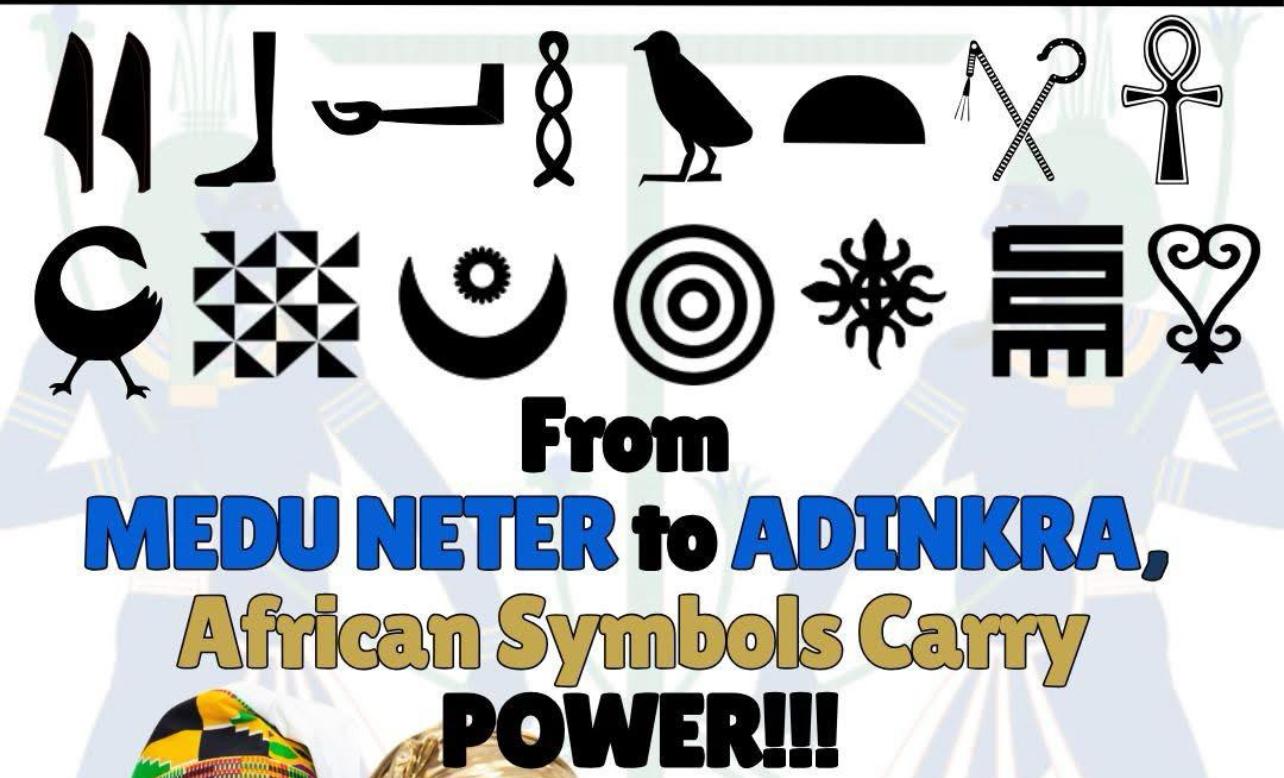UBUNTU: The African Philosophy of Humanity & Community
“I am because we are.” – This simple yet profound statement captures the essence of Ubuntu, an African philosophy that emphasizes interconnectedness, compassion, and collective well-being.
What is Ubuntu?
Ubuntu is a Bantu word found in many African languages, including:
Zulu & Xhosa (South Africa): Umuntu ngumuntu ngabantu – “A person is a person through other people.”
Kiswahili (East Africa): Ubinadamu – “Humanity towards others.”
Shona (Zimbabwe): Hunhu – “Personhood shaped by community.”
Ubuntu teaches that our identity and purpose are rooted in our relationships with others. It promotes compassion, kindness, and shared responsibility in society.
Ubuntu in Daily Life
Community & Sharing: Helping others and ensuring no one is left behind.
Forgiveness & Reconciliation: Ubuntu was a key principle in South Africa’s Truth and Reconciliation Commission after apartheid.
Leadership & Governance: Nelson Mandela & Desmond Tutu promoted Ubuntu in peace-building and democracy.
Workplace & Teamwork: Ubuntu fosters collaboration over competition, creating strong, people-centered leadership.
Family & Relationships: Emphasizing respect, elders’ wisdom, and collective parenting.
Ubuntu in Global Influence
Ubuntu has shaped African societies for centuries, but its values are now influencing:
Social Justice Movements – Promoting unity in activism.
Business & Leadership – Encouraging ethical leadership & teamwork.
Tech & Innovation – The Ubuntu operating system was named after this philosophy, symbolizing open-source collaboration.
Why Ubuntu Matters Today
In a world that often prioritizes individualism, Ubuntu reminds us of the power of unity, empathy, and shared progress. It calls on us to support, uplift, and recognize our humanity in others.





